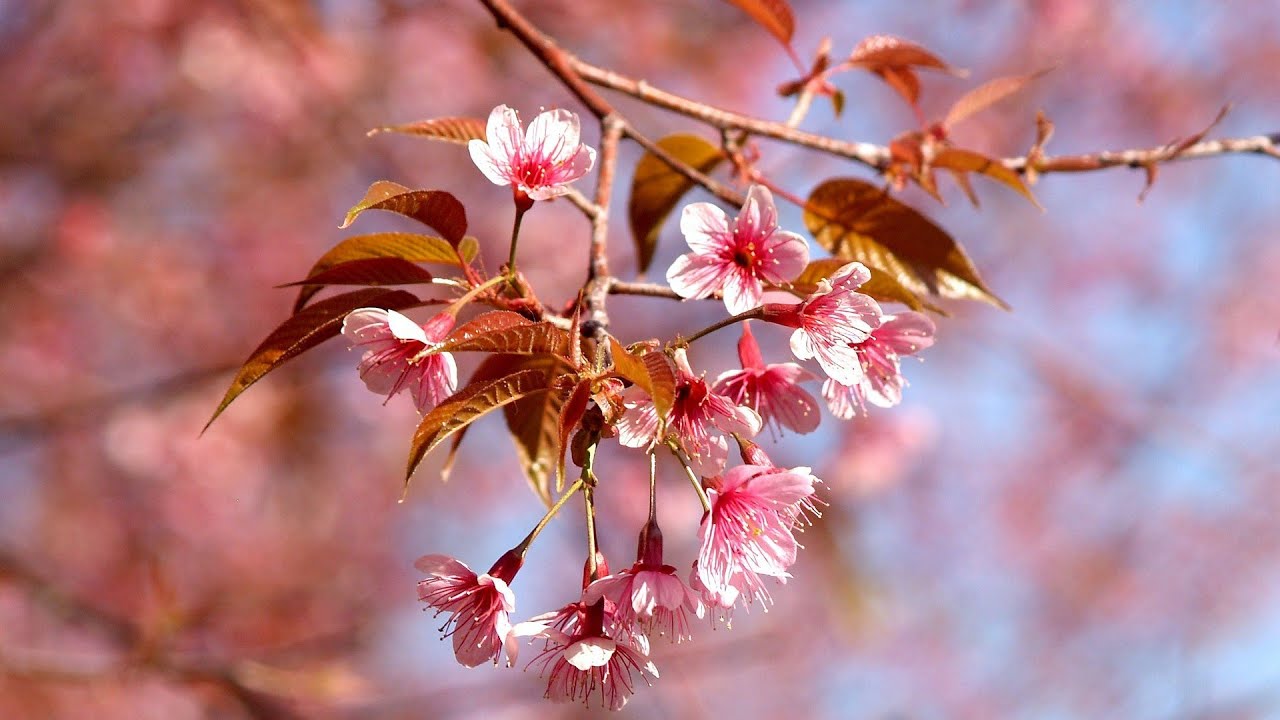Meaning
Etymology
Understanding the meaning behind names can provide fascinating insights into cultural values, historical influences, and linguistic evolution. Junko, a name with Japanese origins, offers a rich tapestry of etymological exploration.
The name Junko is composed of two kanji characters:
- Jun: This character signifies purity, cleanliness, or sincerity. It evokes a sense of virtue and moral uprightness, qualities highly valued in Japanese culture.
- Ko: Meaning child or offspring, this character connects Junko to the concept of new beginnings, innocence, and potential.
Therefore, the combined meaning of Junko is often interpreted as “pure child” or “innocent child.” This interpretation aligns with traditional Japanese beliefs that emphasize purity, respect for elders, and the nurturing of younger generations.
The name’s historical context sheds light on its enduring appeal. During periods of social upheaval or rapid modernization, names like Junko offered a sense of stability and connection to traditional values. The emphasis on purity and innocence resonated with parents seeking auspicious beginnings for their children.
Furthermore, the simplicity and elegance of Junko have made it a popular choice across generations. Its gentle sound and positive connotations continue to resonate with individuals seeking a name that embodies beauty, virtue, and hope.
Cultural Significance
Junko is a Japanese given name composed of two kanji characters: “jun” meaning “pure” or “innocent,” and “ko” meaning “child” or “daughter.”
The name Junko evokes a sense of purity, innocence, and femininity. It is a popular name in Japan, often given to girls born in the mid-20th century.
Cultural Significance
- Traditional Japanese Values: The name Junko reflects traditional Japanese values that emphasize purity, modesty, and respect for elders.
- Femininity and Grace: The combination of “jun” and “ko” creates a name that is both delicate and strong, embodying qualities associated with femininity and grace in Japanese culture.
- Popularity and Trends: The popularity of Junko fluctuates over time, mirroring broader societal trends and preferences in naming practices within Japan.
- Literature and Media: Junko has appeared as a character name in various works of Japanese literature, manga, anime, and films, further contributing to its cultural recognition.
The meaning and cultural significance of Junko illustrate how names can be more than just labels; they carry historical weight, reflect societal values, and contribute to the rich tapestry of a culture’s identity.
Origin
Geographic Distribution
- Junko is a Japanese given name composed of two kanji characters.
- Jun means “pure” or “unadulterated,” while Ko means “child” or “daughter.”
- Together, Junko can be interpreted as “pure child” or “innocent daughter.” It is a popular name in Japan, often bestowed upon girls due to its gentle and virtuous connotations.
- The name has no known geographical distribution outside of Japan.
History Evolution of Usage
Notable Individuals
The origins of the name “Junko” are deeply rooted in Japanese culture, specifically drawing from the country’s rich linguistic heritage and traditional naming conventions.
Meaning:
- “Junko” is a given name composed of two kanji characters: “” (jun) and “” (ko).”Jun” signifies purity, sincerity, or chastity, while “ko” means child or offspring.
- Combined, the name “Junko” can be interpreted as “pure child” or “child of purity.” It carries connotations of innocence, virtue, and a strong moral compass.
Origin and History:
“Junko” has been used as a female given name in Japan for centuries. Its popularity surged during the late 19th and early 20th centuries, coinciding with a period of modernization and societal shifts.
During this era, many families sought names that embodied traditional values alongside a sense of modernity. “Junko” fulfilled this desire by blending classic kanji characters with a name that was both elegant and distinctive.
Notable Individuals Named Junko:
Junko Tabei (1934-2016)
The first woman to summit Mount Everest, in 197 Her groundbreaking achievement inspired countless women around the world and cemented her place as a national hero in Japan.
Junko Ohashi (born 1960)
A celebrated Japanese voice actress with a career spanning decades. She is known for voicing memorable characters in anime series like “Sailor Moon” and “Dragon Ball Z.” Her contributions to the world of animation have earned her widespread recognition and admiration.
Junko Ikeuchi (born 1965)
A renowned Japanese fashion designer known for her innovative and avant-garde creations. She has dressed numerous celebrities and graced the pages of prominent fashion magazines worldwide, establishing herself as a leading figure in the global fashion industry.
Cultural Significance:
“Junko” continues to be a popular name choice for baby girls in Japan. It embodies cherished values such as purity, innocence, and strength of character. The association with notable figures like Junko Tabei reinforces the name’s positive connotations and its enduring appeal across generations.
- Best LeadsGorilla Alternatives for 2025 - April 26, 2025
- Best Overloop Alternatives for 2025 - April 25, 2025
- Best Lead411 Alternatives for 2025 - April 25, 2025


